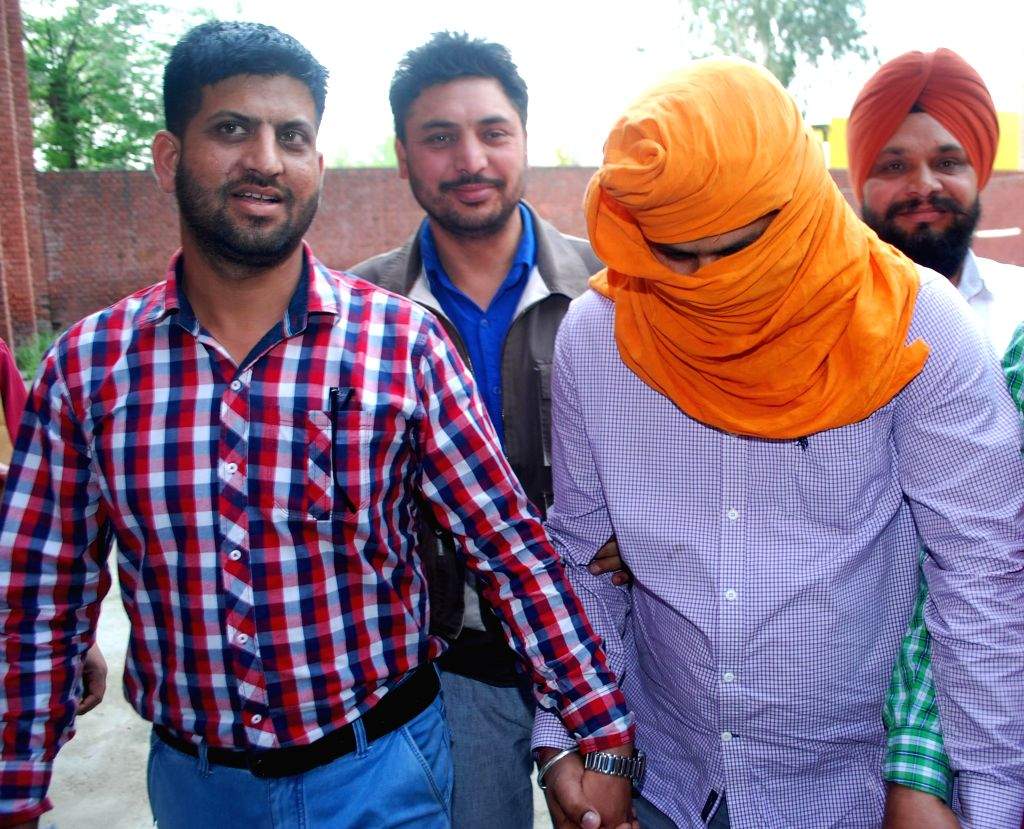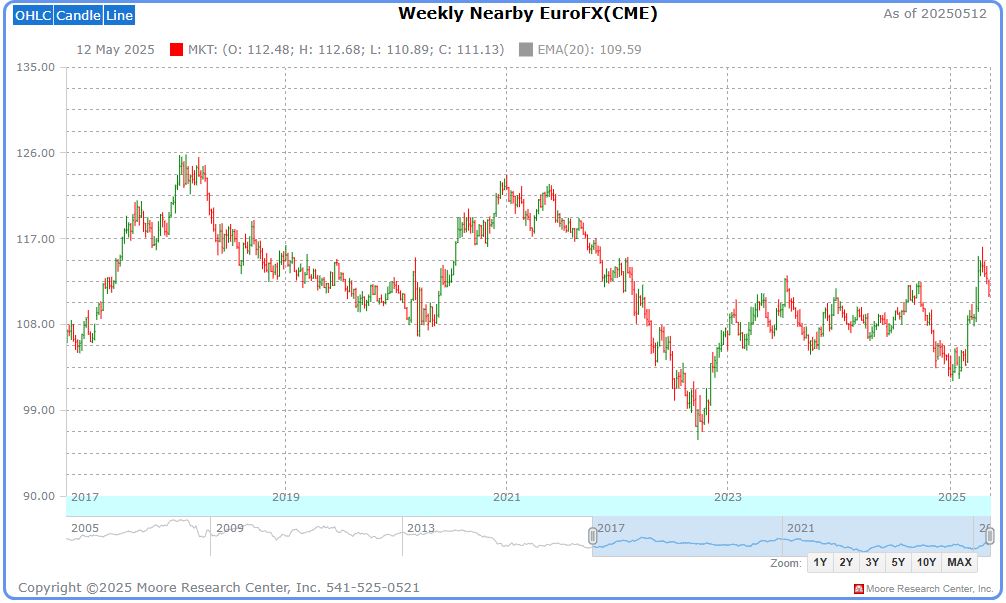Eurovision Voting Explained: From Jury To Televote

Table of Contents
The Jury Vote: Expert Opinions on Eurovision
Who are the Juries?
Each participating country assembles a jury to provide expert assessment of the competing songs. These juries are composed of:
- Professional musicians with extensive experience in the music industry.
- Composers who understand the intricacies of musical arrangement and songwriting.
- Music industry experts, such as producers and A&R representatives, who bring a broad perspective to the judging process.
Each jury typically consists of five members, selected to ensure impartiality and a wide range of musical expertise. Their task is to assess each song based on several key criteria: musicality, vocal performance, stage presence, and overall artistic impression. The selection process aims to minimize bias and ensure a fair and balanced evaluation.
How the Jury Votes
The Eurovision jury voting process is meticulously designed to ensure fairness and transparency. Here's how it works:
- Each jury member scores each participating song independently, awarding points from 1-8, and then 10 and 12 points for their top choices.
- Crucially, juries are strictly prohibited from voting for their own country's entry. This rule is in place to mitigate national bias and promote objective judging.
- The individual scores from each jury member are then aggregated to produce a single national jury score for each song.
- These national jury scores contribute significantly to the overall final result, providing a professional perspective alongside public opinion.
Advantages and Disadvantages of Jury Voting
The inclusion of jury voting in the Eurovision Song Contest has both advantages and disadvantages:
Advantages:
- Reduces National Bias: By preventing a country's jury from voting for its own entry, it helps mitigate the impact of national favoritism.
- Provides Expert Opinion: The juries offer a professional assessment of the songs, considering musicality and artistry beyond simple popularity.
Disadvantages:
- Subjectivity: Musical taste is subjective, and there's always the possibility of disagreement among jury members and between juries from different countries.
- Limited Public Representation: The jury's perspective, while valuable, doesn't always fully reflect the diverse tastes of the entire viewing public.
The Televote: The Voice of the People in Eurovision
How the Televote Works
The televote represents the voice of the Eurovision viewers, allowing fans across Europe and beyond to directly influence the outcome. The process is as follows:
- Viewers vote for their favorite song using telephone, SMS, or dedicated apps during a specific voting window after all performances.
- Each participating country holds a separate televote, meaning that a country's votes only count towards their own national result, before being combined with jury scores.
- Sophisticated monitoring systems and strict rules are in place to detect and prevent fraudulent voting and manipulation.
- The combined televote results are tallied and weighted to determine each country’s final televote score.
Advantages and Disadvantages of Televoting
Televoting adds an element of public engagement and excitement to the competition, but it is not without its challenges:
Advantages:
- Reflects Popular Opinion: Televoting directly captures the preferences of a broad audience, making the results truly reflect viewer choices.
- Enhances Excitement and Engagement: Knowing their votes directly impact the outcome encourages viewer participation and increases engagement with the contest.
Disadvantages:
- National Bias (Voting Blocs): Friendly countries sometimes vote for each other, creating voting blocs that can artificially inflate scores.
- Potential for Manipulation: Although safeguards exist, the sheer volume of votes makes it technically possible to manipulate the results, albeit difficult.
Preventing Televote Manipulation
The Eurovision organizers employ a range of measures to ensure the integrity of the televote:
- Limits on Votes per Number: Strict regulations prevent individuals from casting excessive votes using multiple numbers or methods.
- Sophisticated Monitoring: Advanced systems track unusual voting patterns and flag any potential attempts at manipulation.
- Independent Verification: Independent auditors verify the results to ensure accuracy and confirm the absence of fraud.
Combining Jury and Televote: Reaching the Final Score
Weighting the Votes
The relative weighting of jury and televote scores in determining the final result can vary slightly from year to year. However, both components contribute significantly to the overall score. The exact weighting is always clearly communicated before the event begins, ensuring transparency.
Calculating the Final Score
The final score for each country is calculated by combining the national jury score and the national televote score, according to the pre-announced weighting system. This process ensures that both expert opinion and public preference are integrated into the final result.
The Winner
The country with the highest combined score, reflecting both jury and televote results, is declared the winner of the Eurovision Song Contest. The final announcement is always a moment of high drama and excitement for participants and viewers alike.
Conclusion
The Eurovision Song Contest voting system, balancing jury and televote scores, ensures a blend of professional judgment and public opinion. Understanding the intricacies of both the jury and televote processes is crucial to fully appreciate the drama and excitement of Eurovision. Whether you're a seasoned Eurovision fan or a curious newcomer, grasping the nuances of Eurovision voting adds another layer of enjoyment to the experience. So, delve deeper into the world of Eurovision voting and discover the complex process that determines the winner of this global spectacle. Learn more about how the Eurovision voting system works and appreciate the intricate details that decide the victor every year.

Featured Posts
-
 Jai Hind Post Scrutiny Puri You Tubers Instagram Links To Suspected Pakistani Spy
May 19, 2025
Jai Hind Post Scrutiny Puri You Tubers Instagram Links To Suspected Pakistani Spy
May 19, 2025 -
 Euro And Us Futures Swissquote Banks Market Analysis
May 19, 2025
Euro And Us Futures Swissquote Banks Market Analysis
May 19, 2025 -
 Istorikes Apofaseis Tis Synodoy Toy Patriarxeioy Ierosolymon
May 19, 2025
Istorikes Apofaseis Tis Synodoy Toy Patriarxeioy Ierosolymon
May 19, 2025 -
 Alwkalt Alwtnyt Llielam Tnql Qdas Alqyamt Mn Dyr Sydt Allwyzt
May 19, 2025
Alwkalt Alwtnyt Llielam Tnql Qdas Alqyamt Mn Dyr Sydt Allwyzt
May 19, 2025 -
 Funding For Sustainable Smes A Guide To Available Support
May 19, 2025
Funding For Sustainable Smes A Guide To Available Support
May 19, 2025
